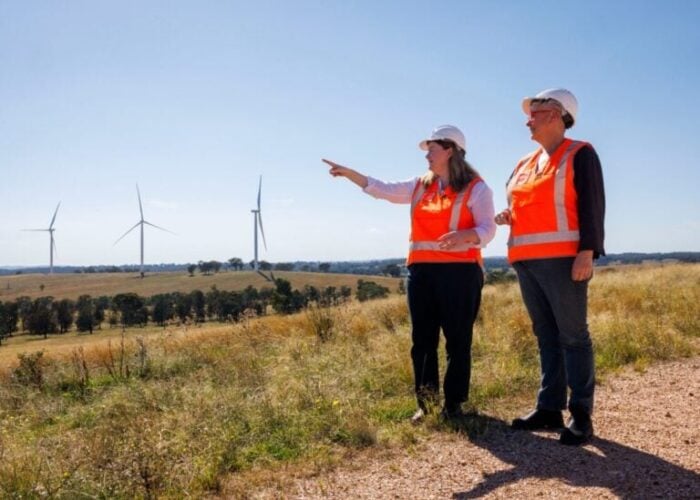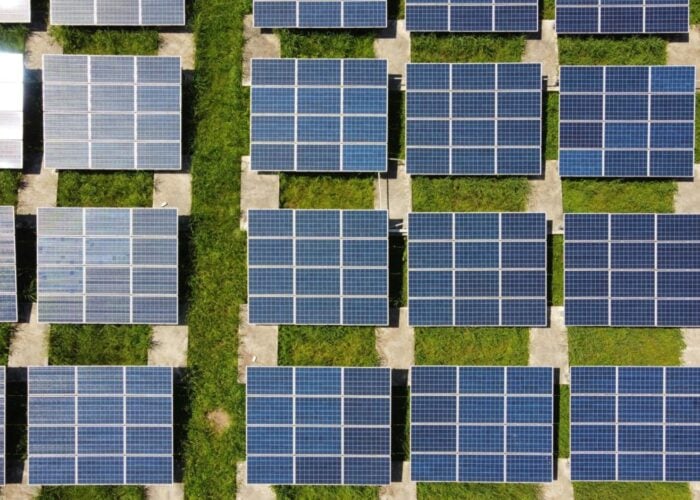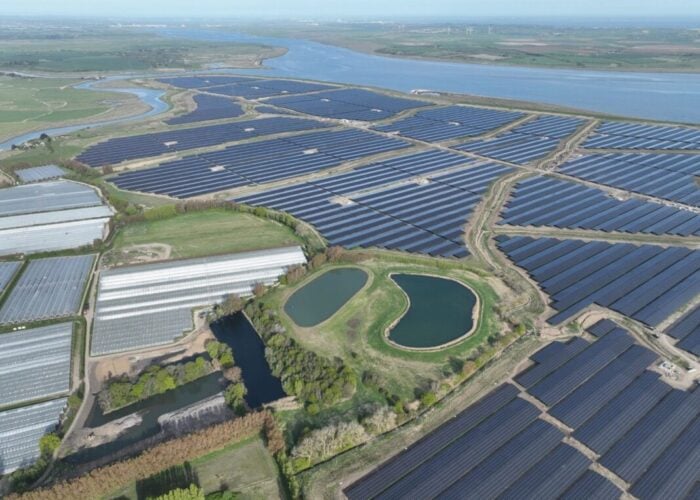The governing body of the Climate Investment Funds (CIF) has approved a modified plan that will see Algeria, Egypt, Jordan, Libya, Morocco and Tunisia install over 1.1GW of concentrated solar power (CSP) capacity in the region.
The plan, which was first endorsed by CIF in 2009, initially envisaged 895MW of CSP across the region, but has been updated following the recent Arab Spring uprisings.
Unlock unlimited access for 12 whole months of distinctive global analysis
Photovoltaics International is now included.
- Regular insight and analysis of the industry’s biggest developments
- In-depth interviews with the industry’s leading figures
- Unlimited digital access to the PV Tech Power journal catalogue
- Unlimited digital access to the Photovoltaics International journal catalogue
- Access to more than 1,000 technical papers
- Discounts on Solar Media’s portfolio of events, in-person and virtual
It will receive US$660 million compared with the original request of US$750 million from CIF’s Clean Technology Fund (CTF). It is also expected to receive almost US$5 billion from other donors and private financing.
The initial CTF fund allocation will see Morocco receive the largest portion with US$218 million for 300MW. Egypt will receive US$123 million for 100MW; Tunisia will receive US$62 million for 50MW; and Jordan will receive US$50 million for up to 100MW.
The modified plan has involved each country making amendments to reflect the political and economic conditions in the region post-Arab Spring. The plan has also been amended so that it builds on lessons resulting from the plan’s first project which is currently under construction — the 160MW Ouarzazate I plant in Morocco.
The revised plan provides a realignment of projects in the pipeline based on each country's reassessed needs. It has also added a technical assistance component which involves the establishment of a platform for knowledge exchange in order to increase private sector involvement and regional integration.
“The changes suggested by the countries in the plan make it a more viable and flexible plan which takes into account the realities each of these countries face,” said Mafalda Duarte, African Development Bank (AfDB) coordinator for the bank's CIF programme. “We can all look to this revised plan as both a signal of hope for the forward economic and social movement in the region built on renewable energy, and a more realistic blueprint for the evolution of renewables as a potent engine of power globally.”







